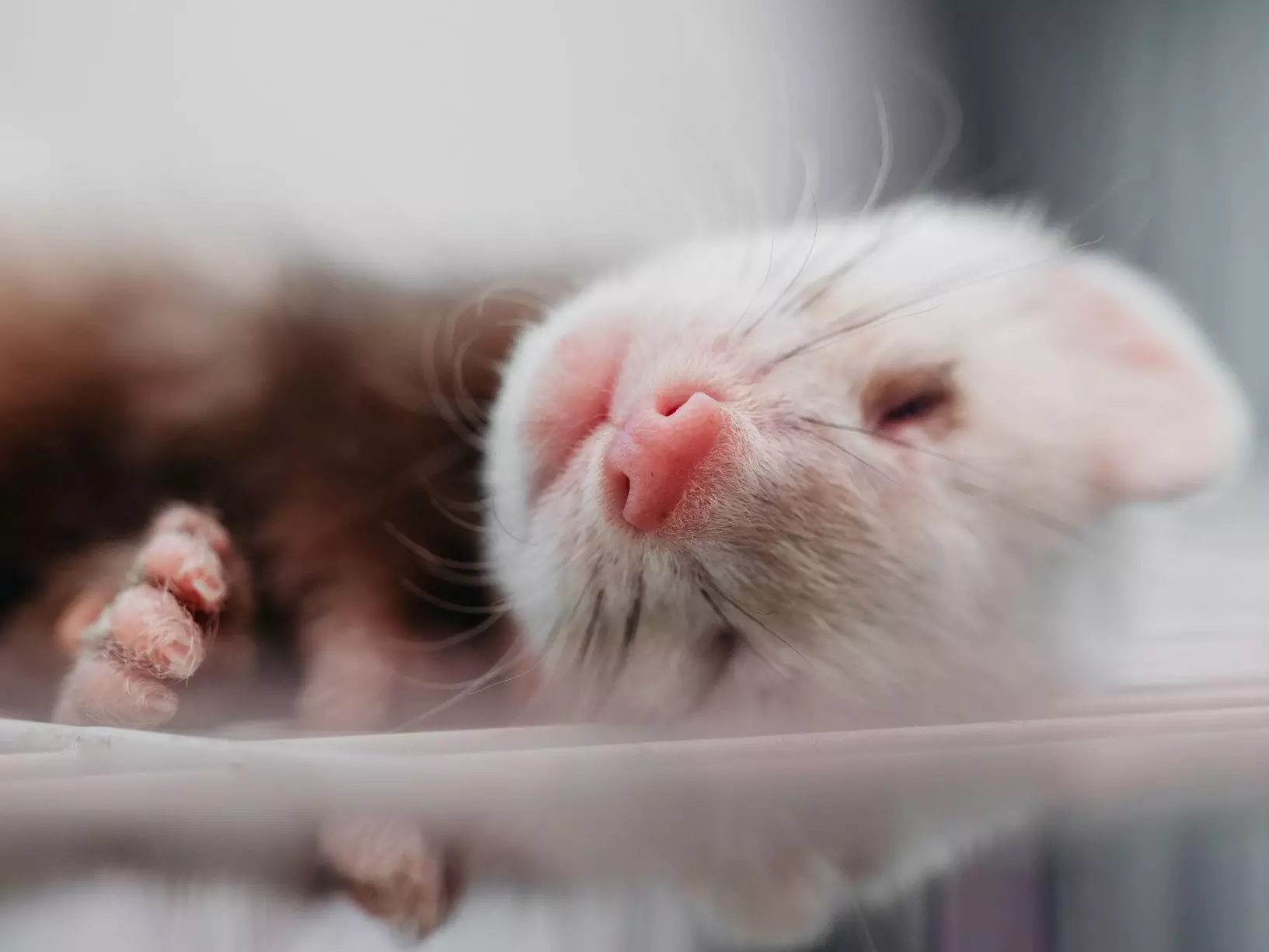Ferrets have been gaining popularity as unique, playful pets in recent years. While they are undeniably cute with their curious nature and cheeky personalities, prospective owners should carefully contemplate whether a ferret is the right fit for their lifestyle. This article will explore the joys and challenges of ferret ownership, providing insight into their care needs, social behavior, and potential health concerns.
Ferrets are small members of the weasel family, known for their playful antics and social behavior. On average, these delightful creatures live between six to eight years, with some reaching up to 12 years with proper care. Female ferrets typically measure 13 to 14 inches in length and weigh approximately 3/4 pound to 2 1/2 pounds, while males are slightly larger, averaging 15 to 16 inches and weighing between 2 to 3 1/2 pounds. Understanding their size is crucial as it influences the type of enclosure needed for them to thrive.
Ferrets are social animals that do not thrive in solitary confinement. A significant aspect of their well-being is the social interaction they receive from both their human companions and other ferrets. This need for companionship highlights the importance of considering whether you can dedicate the time and energy necessary for a ferret or if acquiring multiple ferrets might be more appropriate.
Far from being low-maintenance pets, ferrets demand substantial interaction and engagement. They possess a lively disposition and require ample playtime outside their cage. Owners are encouraged to create a ferret-proof space that allows these animals to run and explore freely. Ferrets love to investigate their environment, often getting into tight spots and requiring vigilant supervision to prevent accidents or escapes.
To keep their clever minds occupied, providing a variety of safe toys is essential. Puzzle-based toys can stimulate their cognitive abilities while offering a fun outlet for their boundless energy. Owners often report how quick ferrets are at grasping new challenges, demonstrating their intelligence and problem-solving capabilities.
In addition to stimulation through play, socialization is critical during their developmental stages. Introducing ferrets to various people and environments while they are young can help mitigate issues like excessive shyness or aggression. A well-socialized ferret is likely to be more comfortable around humans, making them an even more loving companion.
As with any pet, ferrets are prone to a range of health issues including adrenal gland disease, dental problems, and parasites. Regular veterinary check-ups with a veterinarian experienced in exotic animals are essential for maintaining their health. Knowing what to expect in terms of potential health problems can help owners provide better care and recognize warning signs early.
Diet plays a fundamental role in ensuring ferrets remain healthy. Unlike many pets, ferrets are obligate carnivores, which means their diet should predominantly consist of high-quality meat. Specialized ferret food, available through pet supply stores, can provide the essential nutrients these animals require. Owners must also remain vigilant regarding the potential development of hairballs, which can occur while grooming; regular brushing and providing specialized hairball remedies can mitigate this risk.
Ferrets do not require excessively large cages, but the space should be multi-leveled to accommodate their playful nature. A good cage will allow for exploration and should be cleaned regularly to maintain hygiene. Proper ventilation is also vital due to the distinctive odor that can accompany ferrets. Although neutering or spaying can reduce this smell, thorough cleaning and good airflow are necessary to keep the living environment agreeable.
It’s also beneficial to create a separate play area that allows ferrets to exercise and interact safely outside of their cage. Being attentive to their surroundings can prevent distractions and mischief, as ferrets have a tendency to chew on household items or squeeze into surprisingly small spaces.
While ferrets can bring joy and companionship, they are not suitable for every household, especially where young children are present. Older children who can handle and understand pet care responsibilities may be appropriate owners. The playfulness of ferrets combined with their occasional nipping can lead to accidents if not handled with respect and care.
Before deciding to welcome a ferret into your home, consider your local laws regarding pet ownership, as several regions have restrictions or bans on keeping ferrets. Knowing the legal landscape is essential prior to making such an investment.
Ferrets can be exceptional pets for those willing to meet their nuanced needs. They offer lively companionship, amusement, and affection for their owners. By understanding their unique personalities, dietary requirements, and health challenges, you can create a loving and fulfilling environment for your playful partner. A well-cared-for ferret can become a cherished member of the family, enhancing the lives of those who provide them with the love and attention they deserve.

